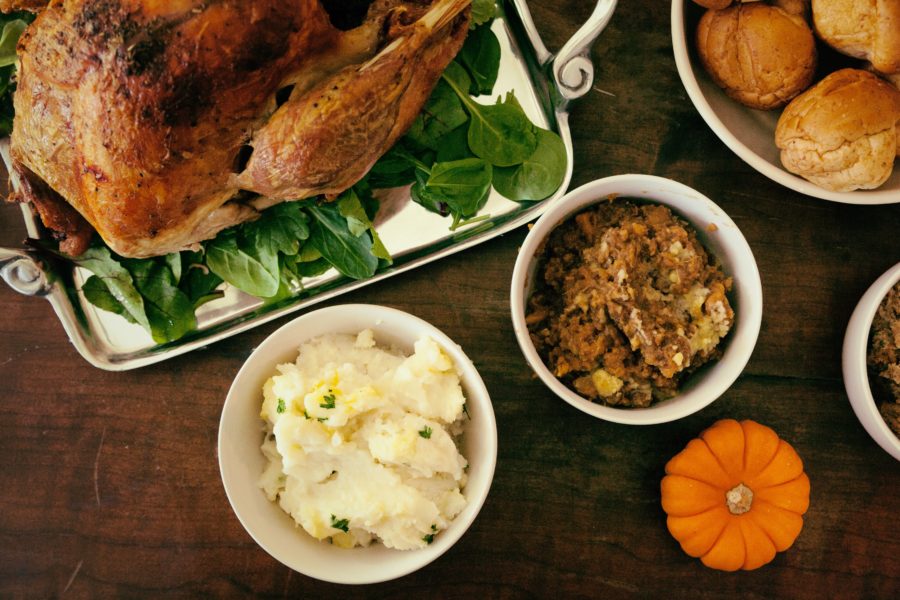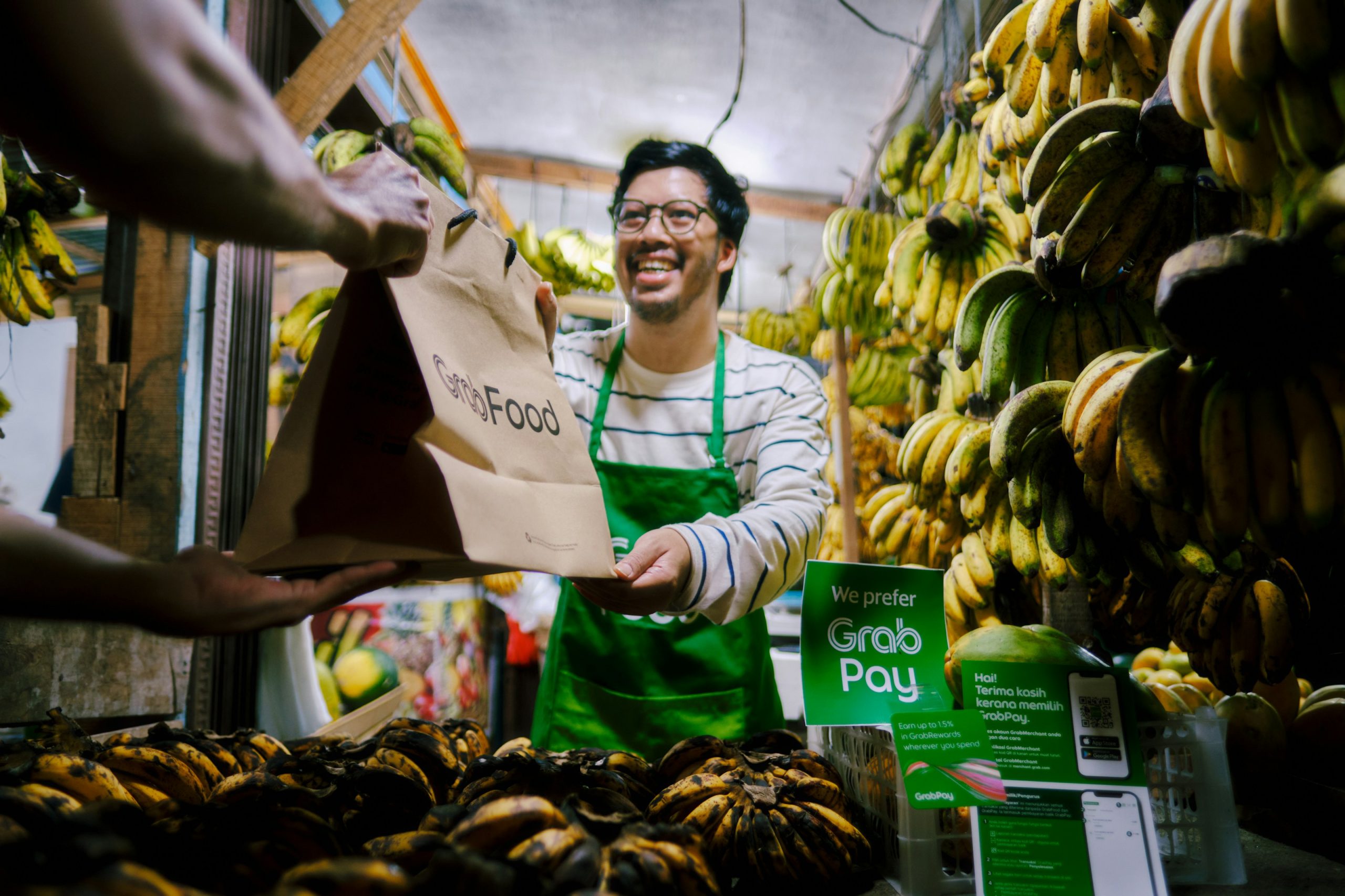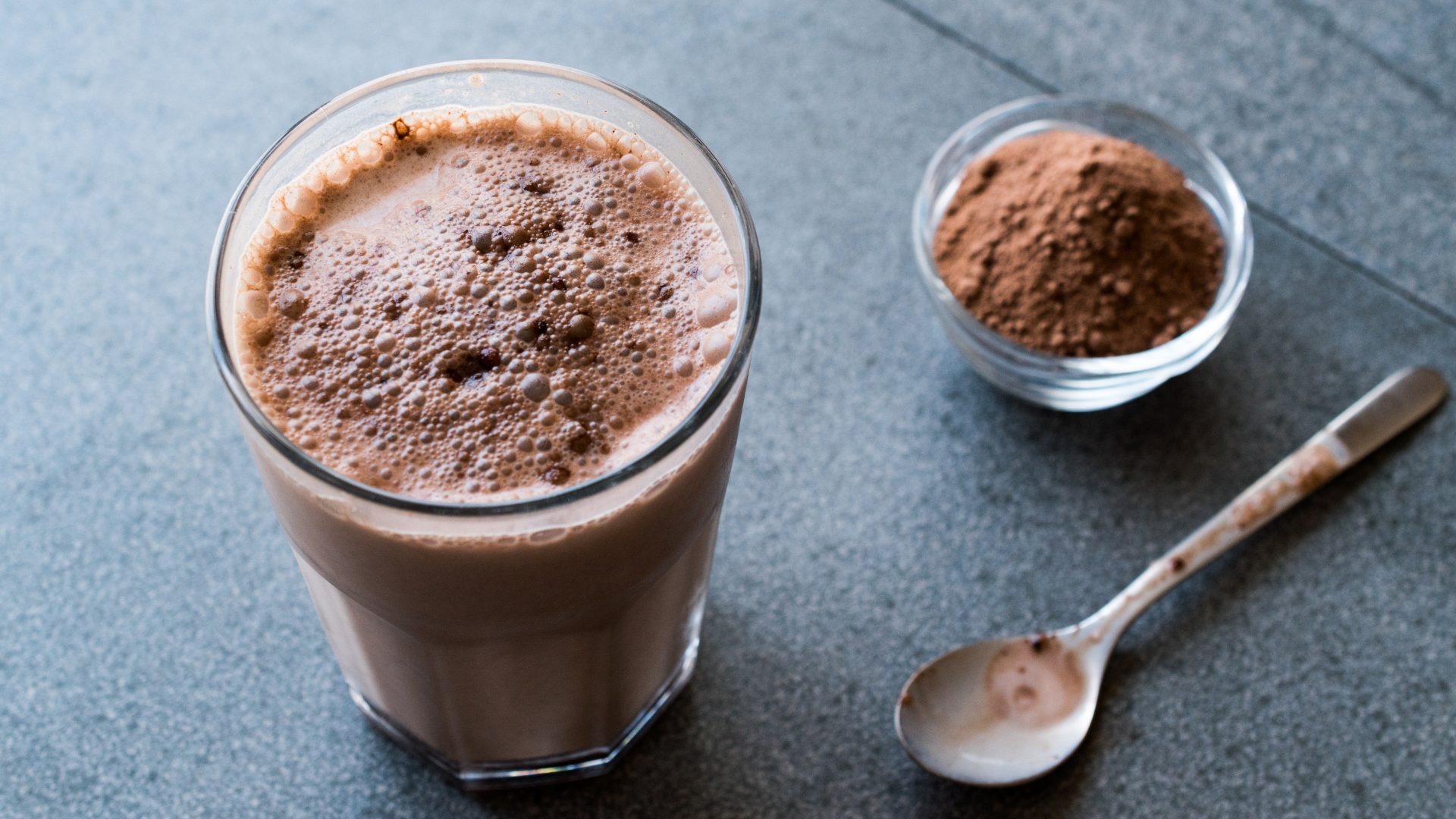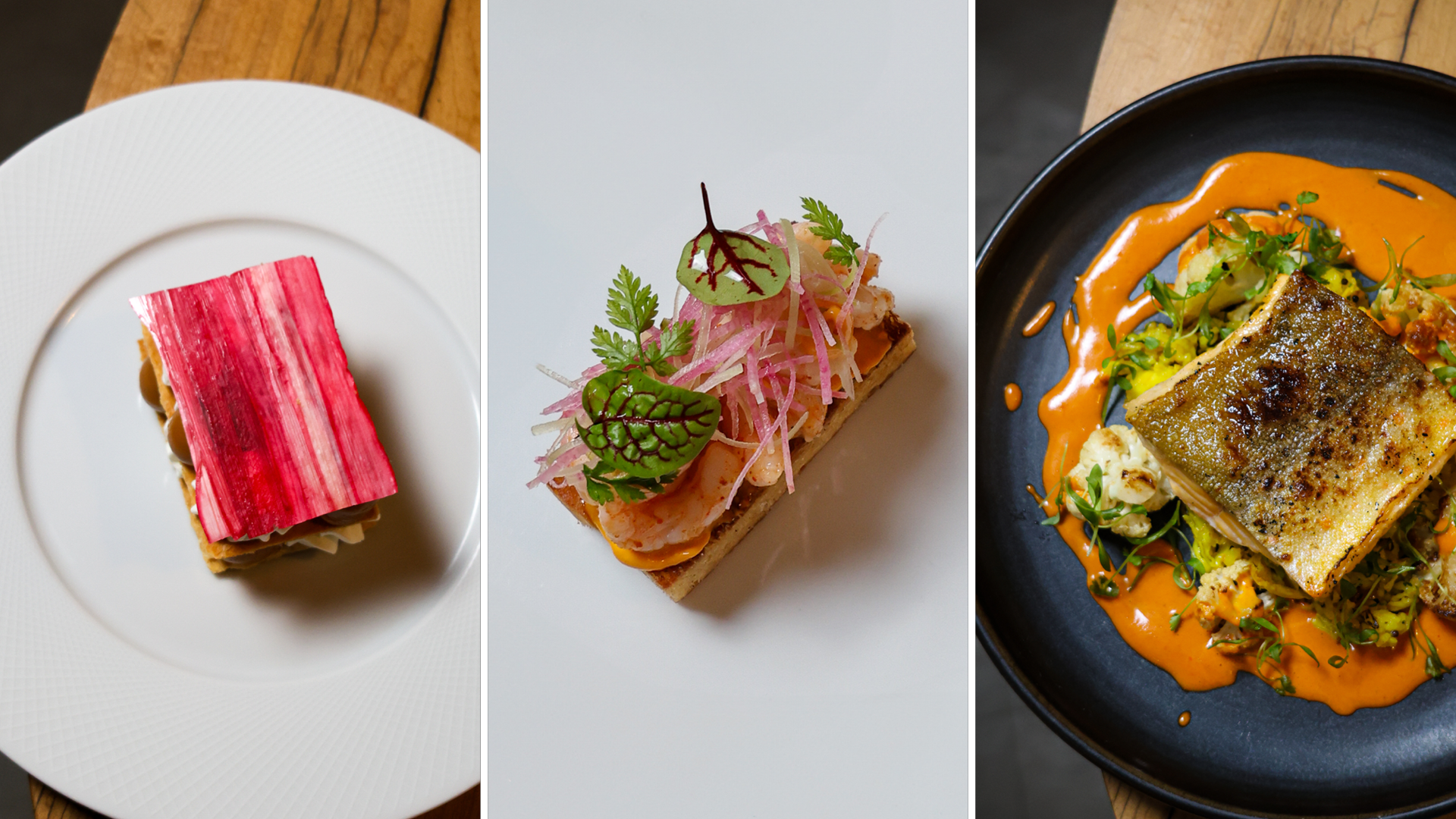The CDC suggested Americans who are hosting Thanksgiving dinners have their meals outside to help stop the spread of the coronavirus.
Hosts should limit the number of guests they invite, talk to guests before they arrive about how they plan to celebrate, and limit the number of people in food preparation areas.
For guests, it is recommended they bring their own food, drinks, plates, cups, and utensils, as well as wearing a mask when not eating. Other recommendations include avoiding going in and out of the areas where food is being prepared or handled and that guests should use single use options (such as salad dressing and condiment packets) and disposable items like food containers, plates, and utensils. The CDC also advises staying home for the holiday as travel can increase the chance of contracting and spreading COVID-19.
However, the majority of Americans still expect to travel for Thanksgiving, according to a study from Tripadvisor, reported MassLive.com (Nov. 10).
While overall travel is expected to be down by 14% when compared to 2019, Tripadvisor found 56% of survey respondents planned on traveling at the end of November. Of those traveling, 76% planned to drive to their destinations, while only 11% said they were flying.
Major metropolitan areas across the U.S. are expecting huge declines in Thanksgiving travel compared to 2019, according to the survey. Travel to New York City is expected to decrease by 80%–representing the largest year-over-year decline in the country—while Boston is expected to experience the fifth largest decrease with 59% less travel to the city.
Of those traveling, 22% plan to stay in hotels or vacation rentals as an act of social distancing. Forty-three percent of travelers are extending the trip and leaving between Nov. 20 through Nov. 22.
Meanwhile, smaller turkeys are rising in demand for those who will host smaller Thanksgiving meals, reported MarketWatch (Nov. 10).
Since turkeys were already growing when the pandemic shifted demand, many of the smaller turkeys will be available in the frozen channel. A Butterball survey noted 30% of respondents would host only immediate family in 2020, up from 18% in a typical year.
In Canada, where Thanksgiving is celebrated on Oct. 12, early data on what producers sold to retailers suggests that smaller birds, as well as parts, were popular.
U.S. retailers are betting that the trend will continue here. At Walmart, stores increased their assortment of turkey breasts by 20% to 30%, while NYC-based Baldor Specialty Foods also upped its orders for smaller turkeys.
“Just based on the shutdowns and the very minimal service at country clubs and catering just sort of bottoming out, it was clear that there was going to be a run on small turkeys this year,” said Sophie Mellet-Grinnell, the meat and poultry specialist at Baldor Specialty Foods.












